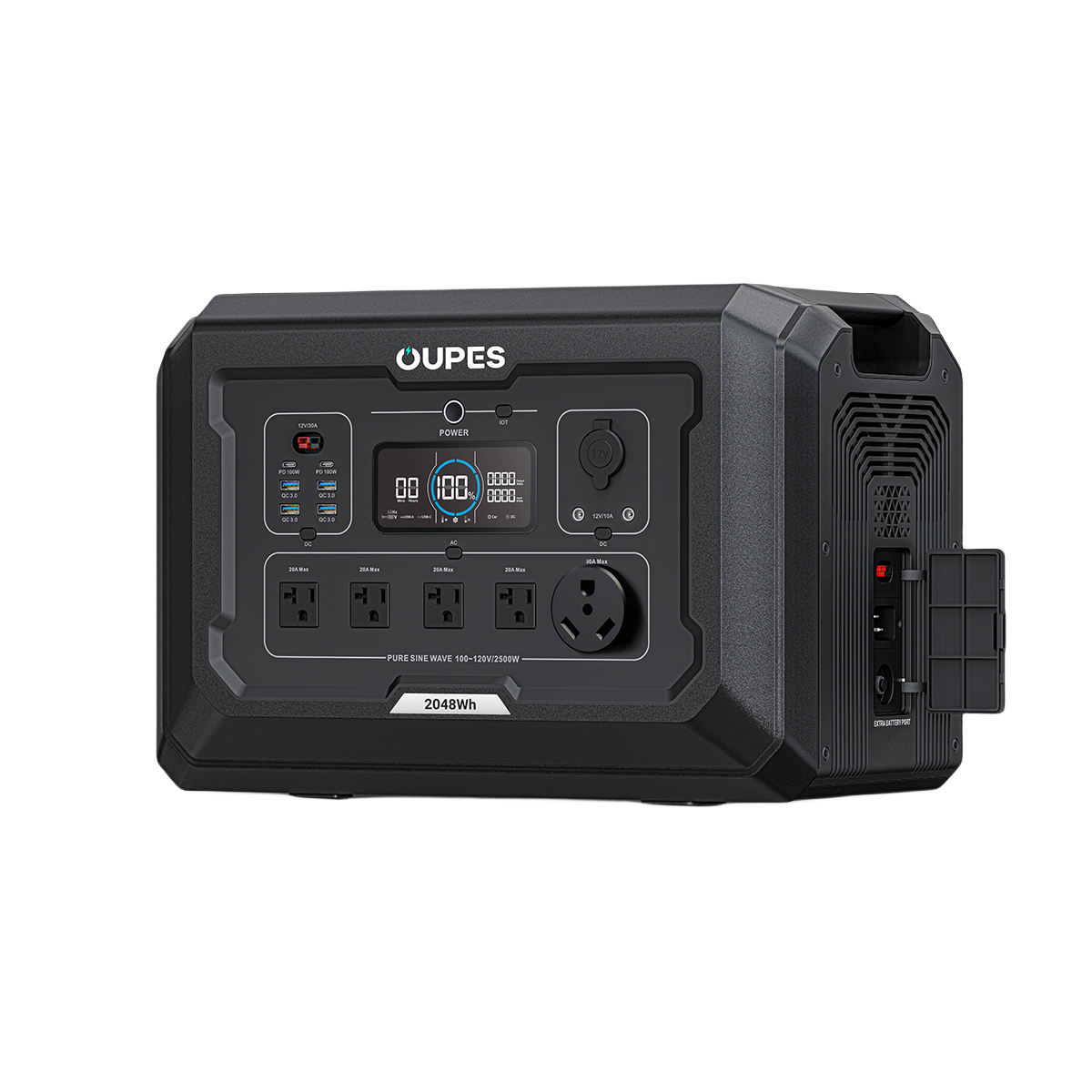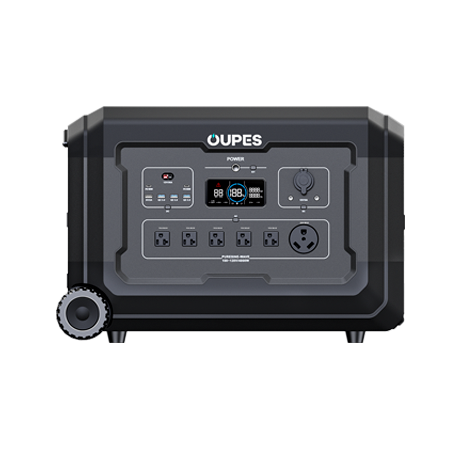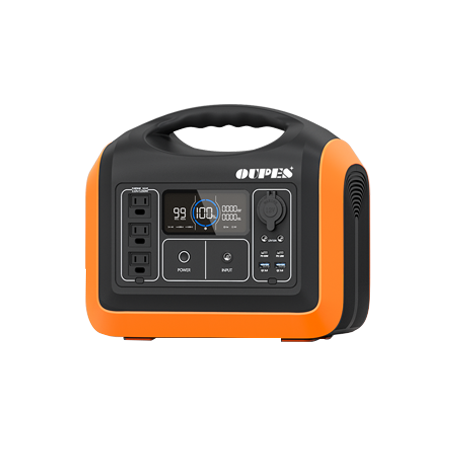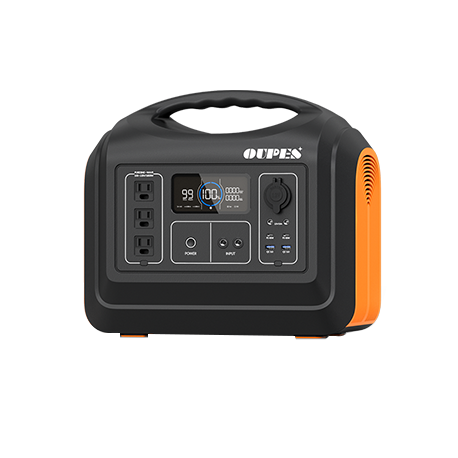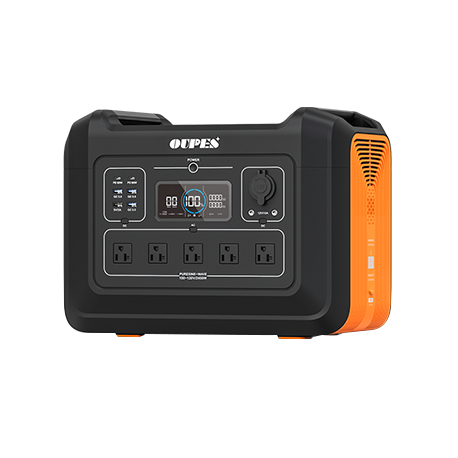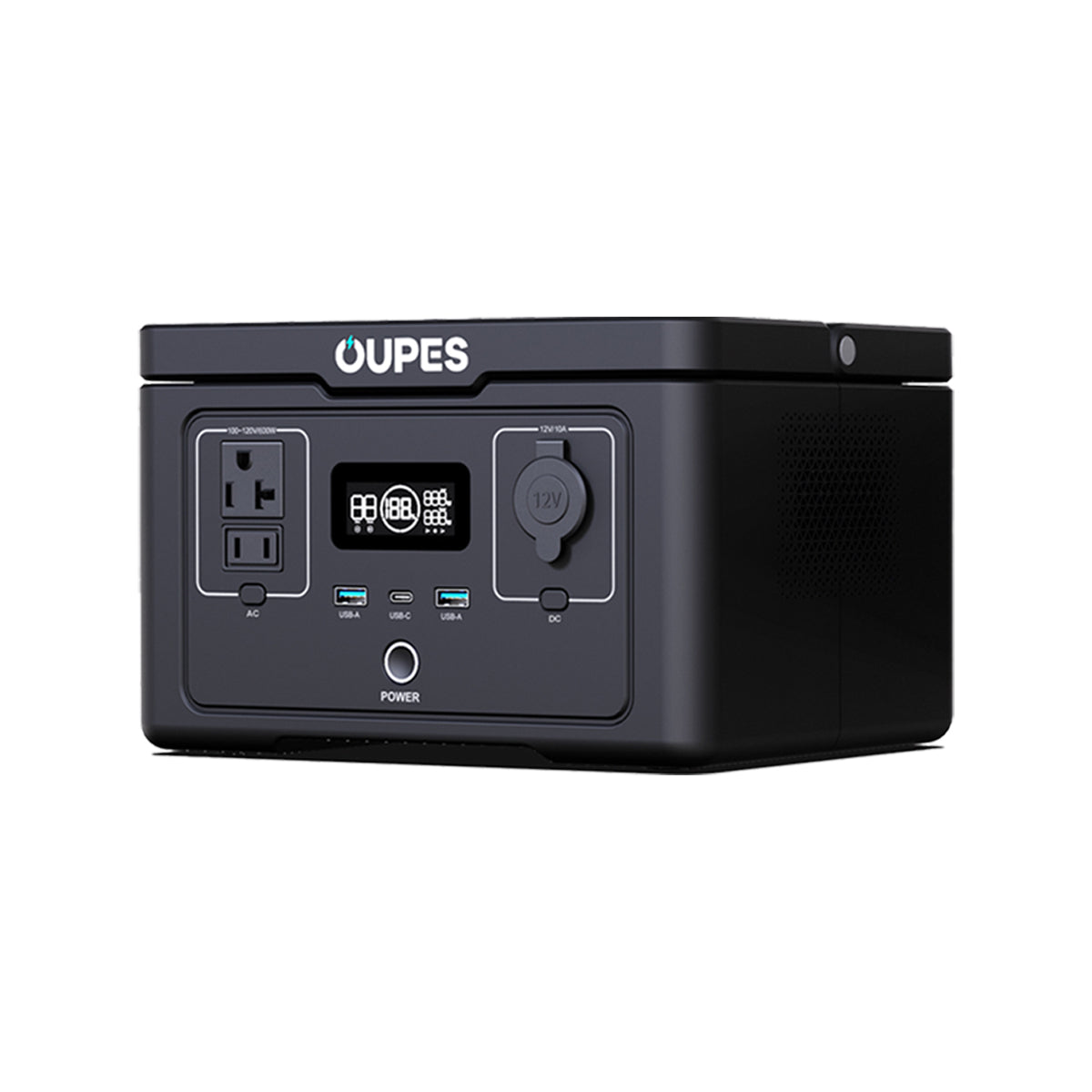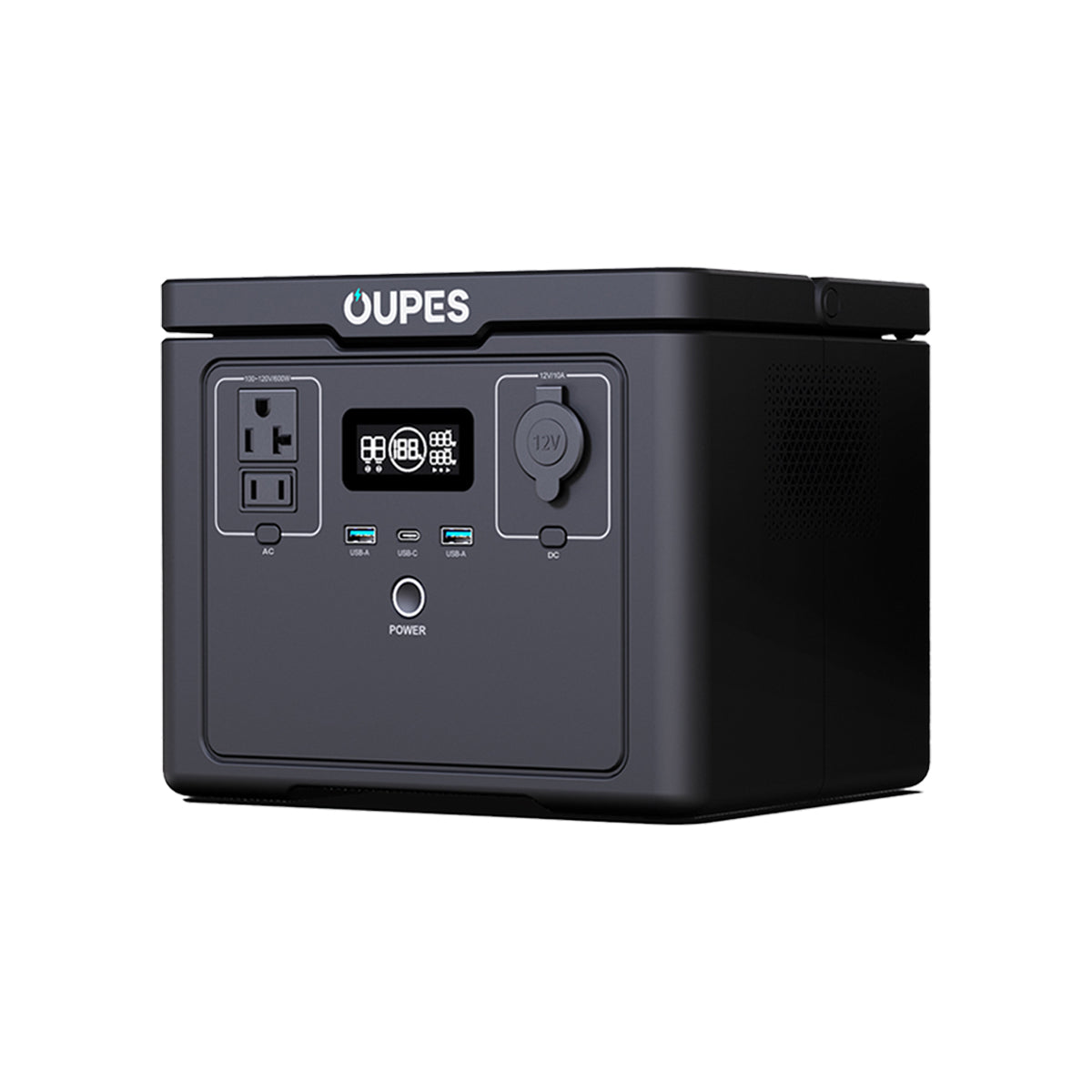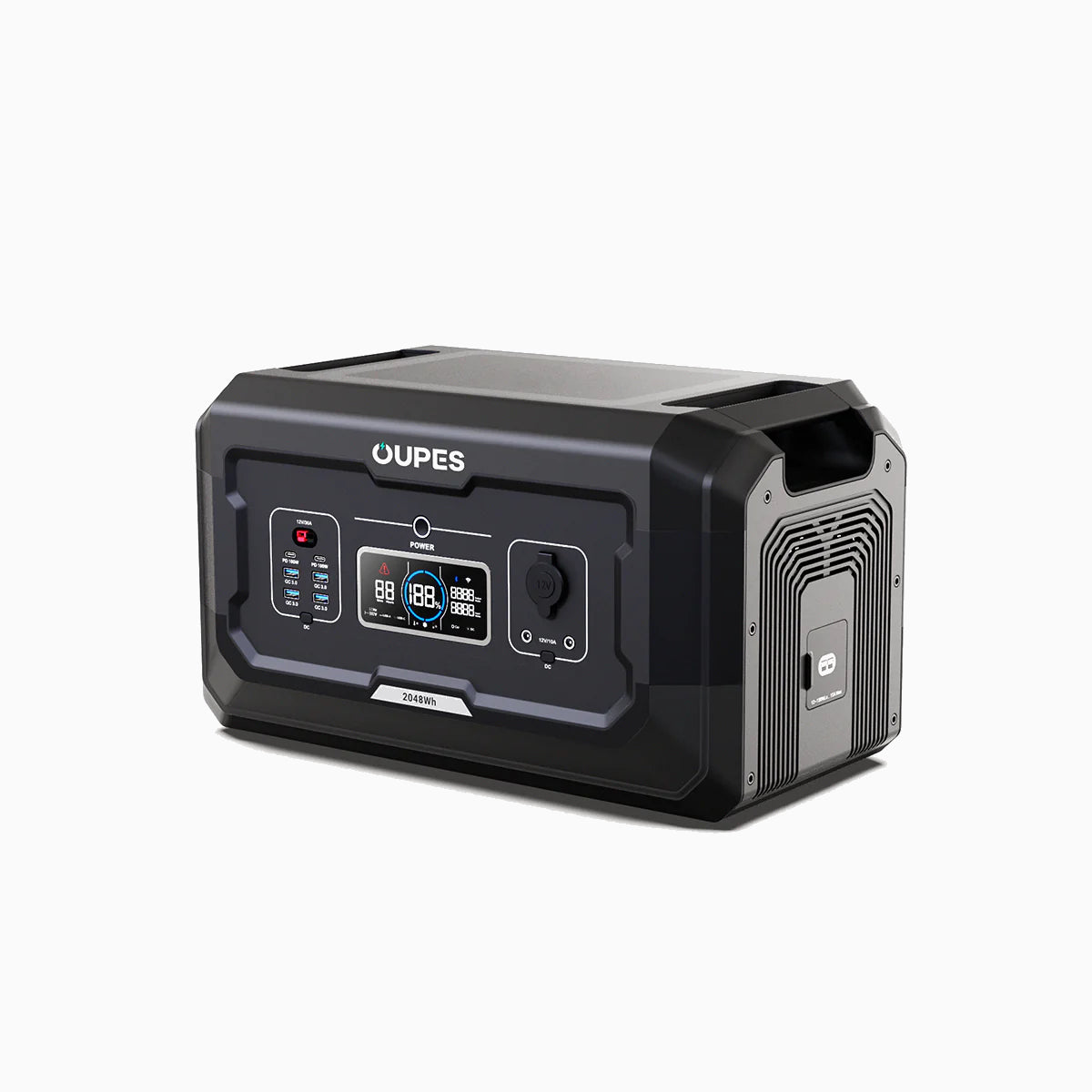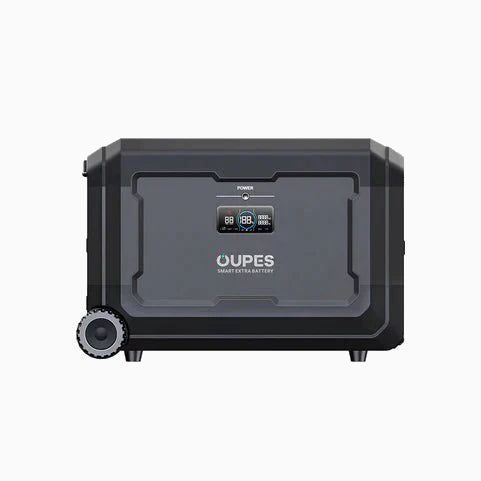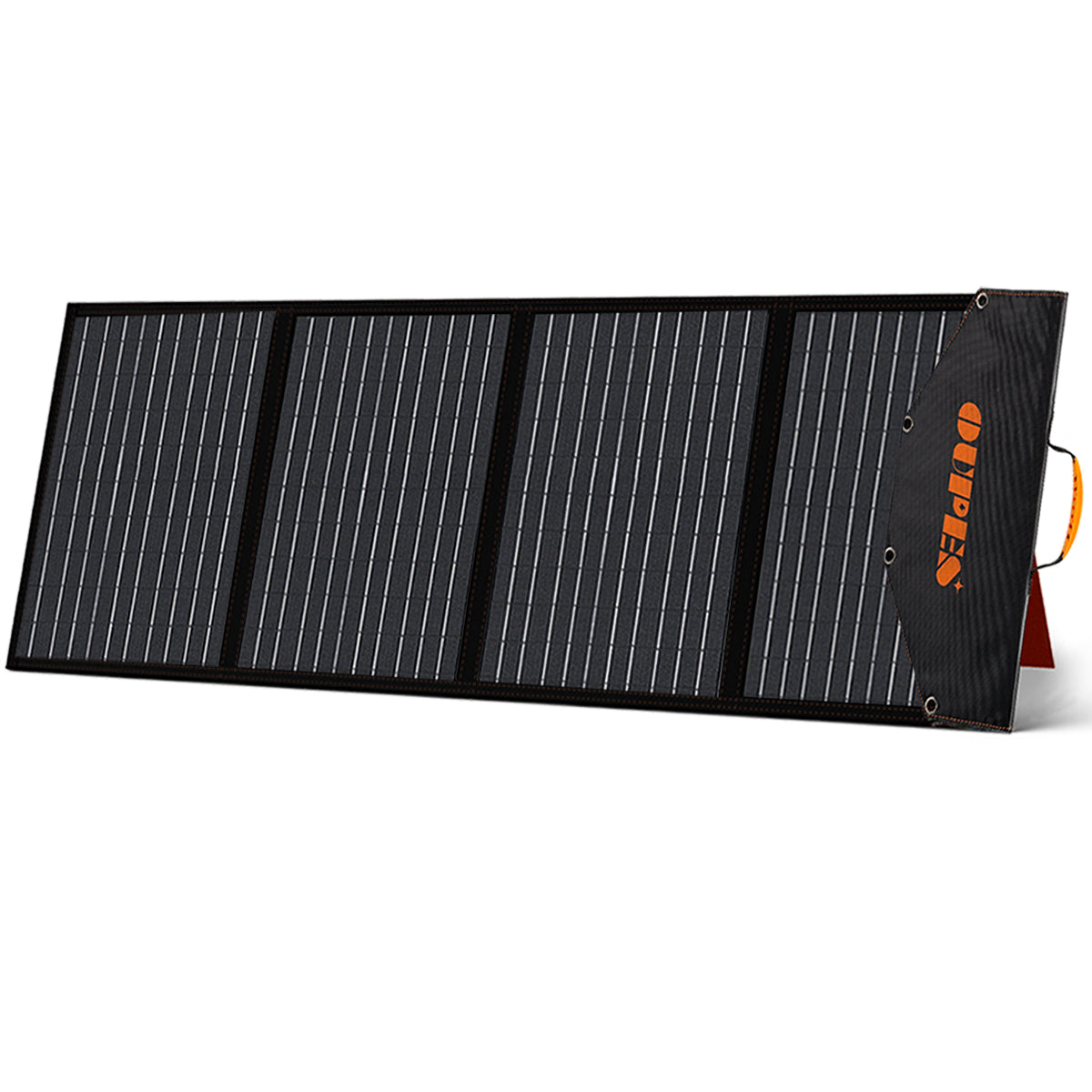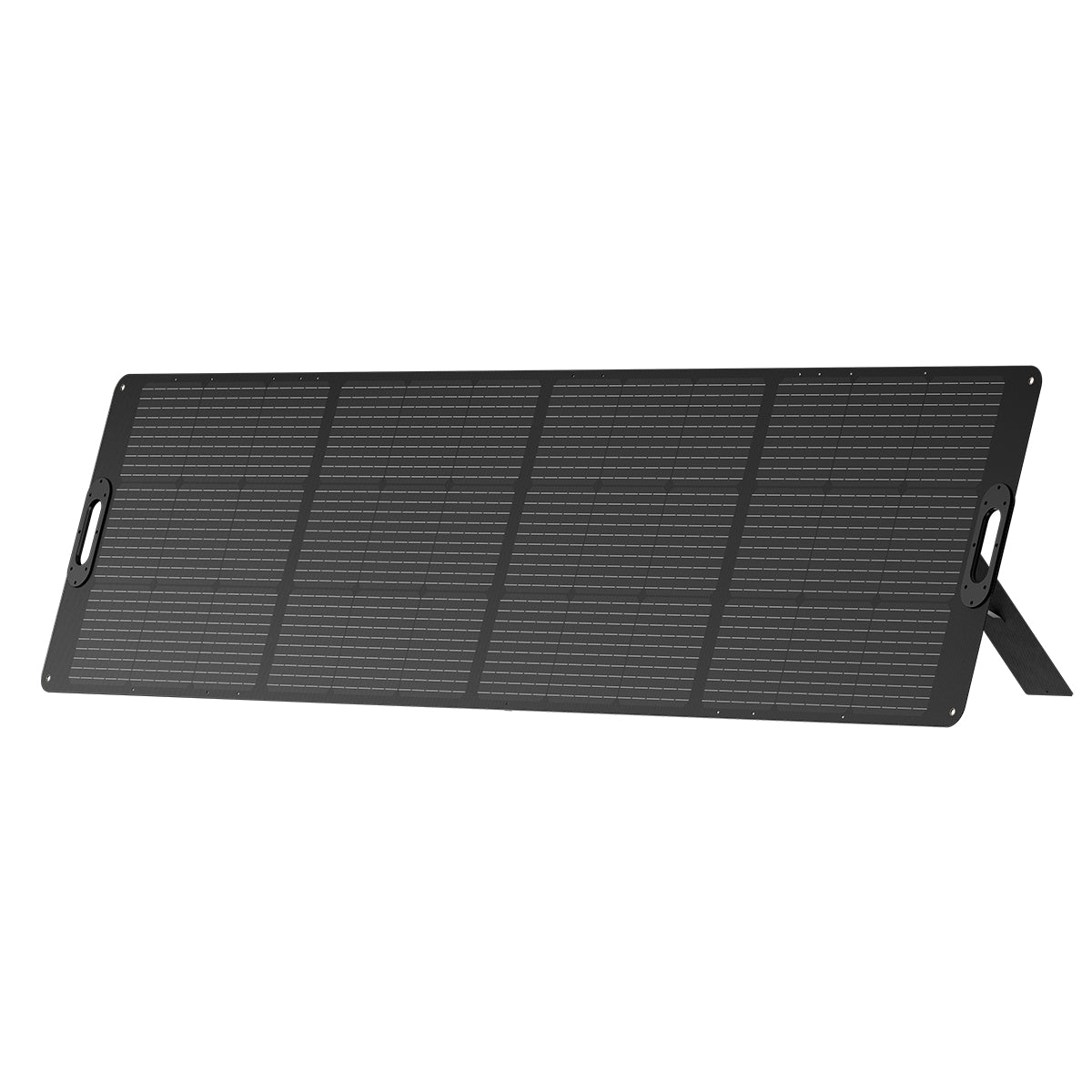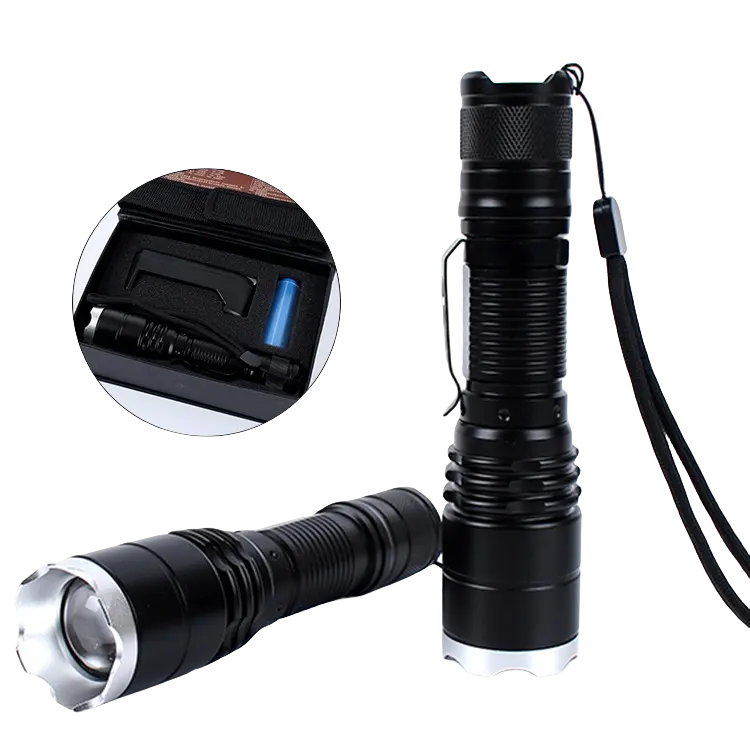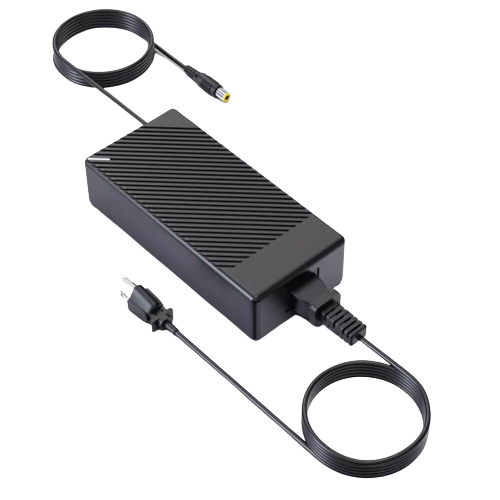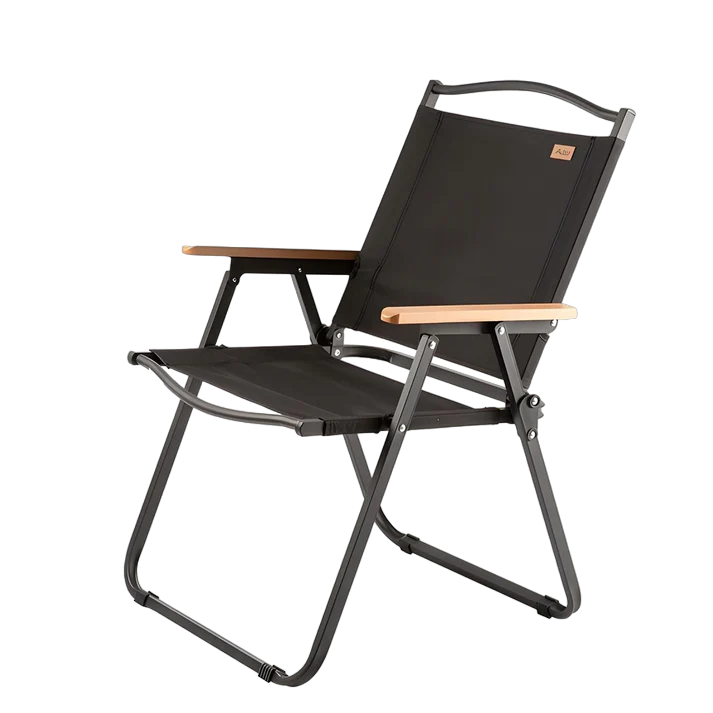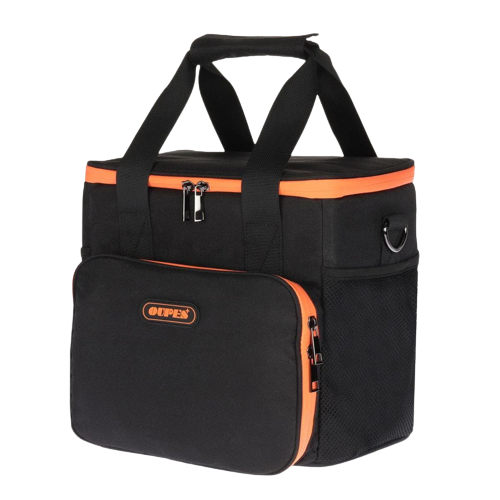Inverter Generator vs. Traditional Generator – Which Is the Best Choice for You?
In the realm of portable energy solutions, both inverter and traditional fossil fuel generators hold their ground as prevalent choices. Yet, pivotal distinctions might sway your decision towards one over the other.
Inverter generators represent a more sophisticated, contemporary technology. They typically consume less fuel to generate more refined energy compared to standard gasoline or diesel generators. Divergent from their traditional counterparts, inverters modulate their engine velocity in harmony with the energy demand, ensuring enhanced fuel economy and diminished auditory disturbance.
Inverter generators are better in a variety of ways: They're quieter than traditional portable generators. They're more efficient, so they use less fuel. They deliver cleaner power, which can be important if you're plugging in sensitive electronic equipment or medical devices.
In the process of selecting between an inverter and a conventional fossil fuel generator, ponder over your specific application, energy output requisites, consumption necessities, and financial constraints.
What Is an Inverter Generator?
An inverter generator, through sophisticated mechanisms, economizes fuel consumption while delivering consistent power. This device modulates fuel usage in response to power needs, rather than perpetually operating at peak output, thereby curtailing fuel expenditures and diminishing noxious emissions.
The inverter's design enables it to generate electricity with a harmonic distortion under 3%. In essence, this signifies that the inverter furnishes more equable alternating current than conventional combustion generators. This feature renders it exceptionally compatible with delicate electronic apparatuses such as smartphones, laptops, and televisions.
Moreover, the progressive technology embedded in inverter generators renders them more compact and transportable compared to their traditional counterparts. This makes them an ideal choice for activities like camping, recreational vehicle trips, and other remote adventures.
Benefits of an Inverter Generator

An inverter generator bestows numerous advantages when juxtaposed with its conventional counterpart. These include:
Less Noise
Inverters employ advanced technological innovations, allowing them to operate with a substantially diminished acoustic footprint when compared to conventional generators.
This pronounced reduction in noise emissions renders them exceptionally well-suited for deployment in residential environs, recreational outings, and various off-grid pursuits, where the issue of noise pollution assumes paramount significance.
Parallel Compatibility
In the realm of power inverters, a multitude of models boasts parallel compatibility, affording you the capability to interconnect two or more inverter generators. This interconnection serves the noble purpose of augmenting the power output, a highly advantageous attribute when confronted with scenarios demanding the simultaneous energization of high-wattage appliances and a plethora of electronic devices.
Fuel Efficiency
Inverter generators employ a sophisticated mechanism to dynamically align their engine's velocity with the power requisites, resulting in enhanced fuel efficiency. This equates to a prolonged operational duration on a consistent fuel load, translating into substantial cost savings over an extended period.
Portability
Inverters, by their nature, tend to possess a reduced form factor and decreased mass compared to conventional generators. This inherent characteristic renders them highly transportable and amenable to compact storage solutions. As a consequence, they emerge as a robust choice for endeavors such as camping, recreational vehicle outings, and various outdoor pursuits characterized by spatial constraints.
Low Emissions
The construction of an inverter leads to reduced emissions of greenhouse gases, making it a more ecologically responsible choice compared to a traditional generator. Nevertheless, they still cannot rival the emissions-free operation of a solar generator like OUPES, which can operate solely on pure, sustainable solar energy.
What Is a Generator?

In the realm of conventional machines, there exists a category known as "traditional generators." These remarkable contraptions transform mechanical energy into the precious currency of electricity. Not merely confined to this remarkable feat, a generator serves as a dependable alternative power source in times of electrical scarcity, granting the ability to harness electric devices when severed from the grid.
The domain of backup generators extends its embrace across a spectrum of settings, encompassing the domestic abode, the bustling realm of commerce, and the sanctuaries of healing known as hospitals.
A veritable cornucopia of generator variants exists, each endowed with the capacity to operate through distinct fuel channels. Among these incarnations, one finds the likes of gasoline-powered generators, propane-fueled dynamos, robust diesel generators, the elusive natural glass generators, the versatile dual-fuel generators, and the celestial solar generators, all converging to offer respite in times of power uncertainty.
Type
Gasoline Generators
Gasoline generators find extensive use in diverse residential and light commercial scenarios. They prove to be comparatively more economical than propane or dual fuel alternatives and conveniently accessible at the majority of hardware establishments. Nevertheless, they expose users to the vagaries of gasoline price fluctuations, potentially incurring higher operational costs when viewed through a long-term lens.
Propane Generators
Propane generators operate on propane, an environmentally friendlier fossil fuel that emits fewer pollutants compared to gasoline and diesel. In the realms of industrial and commercial applications, maintaining a consistent power output often necessitates the utilization of propane as the fuel source. These generators also prove invaluable in times of emergencies when there is a prolonged power outage or for off-grid scenarios. Propane can be stored for more extended periods compared to conventional gasoline.
Dual Fuel Generators
Dual fuel generators operate on a dual energy source system, combining propane (LPG) and gasoline as fuel options.
Even if your primary source of electricity generation predominantly relies on solar panels, incorporating an advanced dual-fuel generator into your home ecosystem bolsters your resilience and provides supplementary alternatives in the event of prolonged power outages.
Solar Generators
Solar generators use solar panels to convert solar energy into DC power and an inverter to convert DC into AC (household) electricity. Solar is the best option for those wanting to use clean, renewable energy. Solar generators are ideal for home backup power, camping, RVing, and other off-grid activities. You can even use solar power to eliminate your reliance on the electrical grid.
The OUPES Mega 3 is a great example of a compact solar generator that can provide power anywhere and anytime. 3072Wh capacity power bank with built-in 3600W AC pure sine wave inverter, providing extraordinary 7000W surge power to meet your energy needs.
If you want a more powerful energy backup solution, you can choose a model with higher power output and storage capacity, such as the OUPES Mega 5, a powerful portable with a powerful 5040Wh capacity and 4000W AC pure sine wave inverter.
Power station with excellent capacity, long life, and wide range of uses. Whether you're planning an outdoor adventure, facing a power outage, or need reliable backup power, this is the ultimate solution for all your power needs.
Key Differences Between Inverter Generators and Traditional Generators

Size
Inverters, when juxtaposed with traditional generators, exhibit a remarkable degree of compactness. They boast an extraordinary level of portability and can be effortlessly stashed away, rendering them the optimal choice for activities such as camping, RVing, and other outdoor pursuits where spatial constraints may impose limitations.
Inverter generators can assume dimensions as diminutive as a modest shoebox and can be conveniently transported by a solitary individual. Conversely, their dimensions can expand significantly should one necessitate a more potent power source. In stark contrast, conventional generators typically manifest a bulkier physical presence in comparison.
Weight
In contradistinction to conventional generators, inverters wield a conspicuous advantage due to their featherweight construction. They typically inhabit a weight range of 30-50 pounds (13-22 kg), rendering them exceedingly convenient for conveyance and repositioning.
The inherent portability of inverter generators positions them as an outstanding choice for a multitude of activities, including camping, RVing, and various outdoor pursuits. Conversely, traditional generators, known for their substantial bulk, can impose a formidable burden, weighing up to several hundred pounds, thereby complicating their mobility and transportation.
The OUPES solar portable power station boasts a 30% weight reduction compared to similar-capacity competitors, rendering it an ideal choice for outdoor adventures. The synergy of its lightweight power station and the foldable, featherweight magnetic solar panel ensures that this solar generator can cater to 99% of your on-the-go electrical appliance requirements.
Noise Level
Inverter generators possess a prominent advantage in the realm of reduced noise emissions. They stand in stark contrast to conventional generators, rendering them an optimal choice for residential zones, camping grounds, and various outdoor pursuits, where the issue of noise pollution looms large.
Inverters, as a rule, emit sound in the range of 50-60 decibels, while their traditional counterparts can generate noise levels soaring as high as 80 decibels or even beyond.
However, it's worth noting that solar generators surpass them all in terms of quiet operation, transcending the clamor of any fossil fuel-driven alternatives. Characterized by a paucity of moving components, a portable energy hub, coupled with solar panels, can supplant the perpetual rumble of a gasoline-powered engine.
Maintenance
Inverter generators demand less upkeep than conventional generators, albeit they possess a reduced capacity. Additionally, they boast fewer components in motion, and their cutting-edge technology augments their reliability. Inverter generators also frequently incorporate inherent functionalities, such as an automated shutdown mechanism, aimed at averting damage and extending the generator's lifespan.
On the contrary, traditional generators necessitate regular upkeep, including periodic oil modifications, air filter substitutions, and spark plug renewals.
Solar generators, on the other hand, necessitate virtually zero maintenance. This is because they abstain from fuel combustion and rely solely on a combustion engine.
Portability
Inverter generators distinguish themselves from conventional gas-powered counterparts by their diminutive stature and featherweight build. Their inherent portability renders them eminently suitable for endeavors such as camping, recreational vehicle outings, and assorted off-grid pursuits.
Traditional generators, conversely, exhibit a proclivity for voracious fuel consumption, thereby engendering predicaments associated with the procurement and preservation of an adequate fuel reservoir to meet one's off-grid requisites.
Should you opt to harness the prowess of a solar generator, you shall encounter a portable power station (PPS) replete with compactness and a weight spectrum spanning from a mere 7.7 pounds (equivalent to 3.5 kilograms) to a shade below 100 pounds (equivalent to 45 kilograms). When conjoined with portable solar panels, this configuration metamorphoses into an exemplary setup for on-the-move energy backup.
Which Is the Right Option for You?

In the realm of selecting between an inverter and a conventional generator, your ultimate decision hinges upon the precise requirements and intended utilization. To illustrate, if you necessitate a robust apparatus and are amenable to the accompanying cacophony and maintenance, a traditional generator might be the superior preference.
Conversely, opt for an inverter or solar generator if your needs revolve around a portable and noise-averse source of electricity, be it for camping, RV adventures, or other off-grid pursuits.
When it comes to embracing eco-friendliness, a solar generator stands as the foremost choice.
OUPES, a prominent pioneer in the domain of noise-reduced, eco-friendly solar generators, invites you to explore our array of sustainable energy solutions today.

